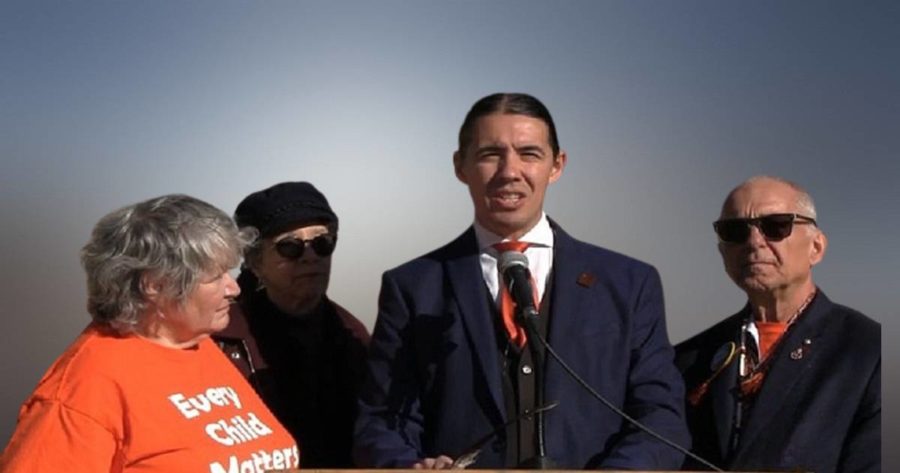Mayoral Candidate Ouellette, Announces Plan To Solve Winnipeg’s Addiction Crisis
- TDS News
- Western Canada
- Elections
- Trending
- October 5, 2022

Winnipeg’s meth crisis is one of the leading causes of opioid-related issues predominantly within the downtown core areas
Winnipeg, Manitoba, – Today Mayoral candidate Robert Falcon Ouellette outlines his plan to solve the addictions crisis throughout Winnipeg through harm reduction, treatment & support.
Like many other big cities across Canada, Winnipeg is not immune to addiction issues. Both drugs and alcohol are harmful behaviours that are common in our society. People who are addicted often find it difficult to manage their behaviours. However, addiction is a disease, and addiction treatments can help people with the condition. Understanding how to treat addictions is crucial so that they can live healthily.
“If we want to build the city we all want, we need to address the root cause of the issues facing our city – crime, homelessness & poverty. Let us have courage and talk about and really address addictions.’ Said, Robert Falcon Ouellette
In his addiction action plan, he would focus on several critical pillars to produce short- and long-term solutions for the people of Winnipeg.
Supervised & Safe Consumption Site (SSCS)
Drug users can use drugs in supervised consumption sites in a clean environment with trained staff. This model has been adapted by many cities dealing with addictions and the opioid crisis.
Prescribed Pharmaceutical Alternatives
Ouellette will work with the various levels of governments and stakeholders to prescribe pharmaceutical alternatives to drugs such as meth, which is often mixed with fentanyl, to increase potency, resulting in death.
Immediate Treatment
Use the funds allocated by the federal and provincial governments for emergency treatment. ‘Our goal should be to provide treatment when it is needed and to make sure no one is turned away when they ask for help.’ Said Robert-Falcon Ouellette.
ONGOING SUPPORT SERVICES – After Treatment Life Coach
Establishing a residential treatment program for addicts. Once completed, patients are provided support essential to sober living to avoid relapse, including housing, life skills training and on-demand access to support workers.
Working With Indigenous Governments
‘Indigenous governments have an important role to play in preventing, treating and helping with addictions,’ said Ouellette. ‘Working with the city, we can lift more people out of the darkness that is addictions and build a stronger Winnipeg for everyone.’
Any behaviour can become an addiction; basically, any habit can become an addiction if repeated enough times. It’s important to note that not everyone who struggles with addictions has a disease- and not all addicts seek treatment. One reason is that people often become addicted to something as a child. This means they’ve had the behaviour all their lives without realizing it. They may also have problems in their lives that cause them to want to escape; this is where addictions can manifest.
When a person is an addict, making informed decisions about their problems can be difficult. Many addicts aren’t conscious of their issues, making it harder to focus on getting help or treatment. Only when people are willing to address the root of their addiction can they start the road to recovery.
Addiction is a severe problem in Winnipeg- and it can affect anyone. If it is not addressed adequately at the civic level, the results are detrimental to society, the community, the health system and the economy.








